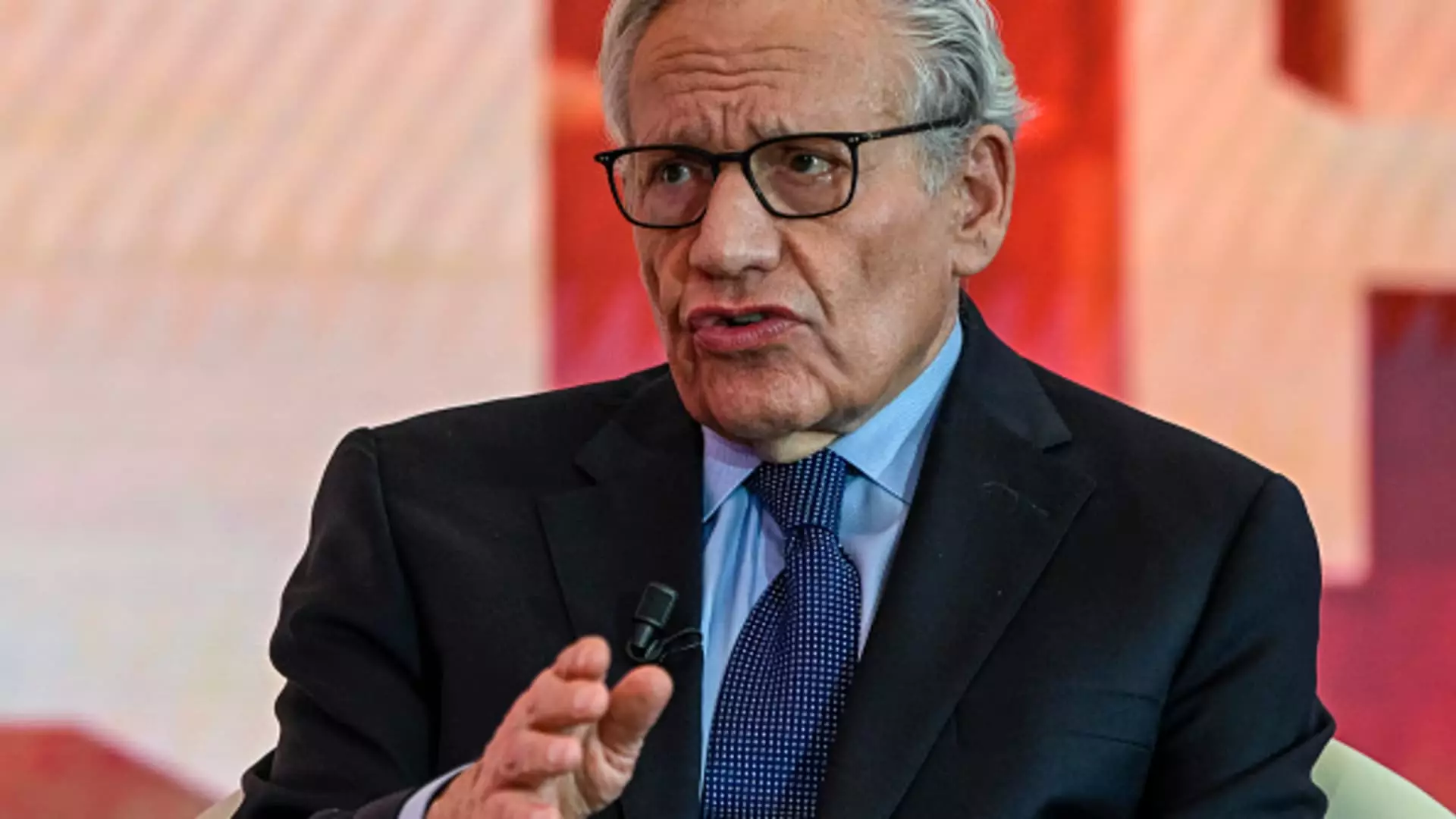In recent years, Donald Trump has meticulously crafted an image of unparalleled power and influence that often borders on the surreal. His legal ventures, including the recent failed attempt to silence Bob Woodward, expose a critical flaw in that narrative: an obsession with control that quickly crumbles under scrutiny. The dismissal of Trump’s $50 million lawsuit not only reveals his overreach but also underscores a broader danger—using legal threats as a shield to distort facts and intimidate the press. Such tactics threaten core democratic principles that rely on an independent judiciary and free journalism. Trump’s attempt to suppress Woodward’s interviews was less about protecting rights and more about consolidating an illusion of dominance that ultimately lacks substance.
The Court’s Ruling: A Defiant Stand for Truth
U.S. District Judge Paul Gardephe’s decision to dismiss Trump’s lawsuit was both decisive and revealing. By pointedly rejecting Trump’s claim of joint authorship and copyright interest, the judge underscored the importance of legal clarity in safeguarding the integrity of journalism. The ruling makes it clear that political figures cannot wield legal instruments to distort intellectual property rights or to hamper truthful reporting about their public conduct. This decision affirms that the press serves a vital role in holding leaders accountable—an act that Trump’s lawsuit aimed to distort for political gain. It is precisely this independence of the judiciary that acts as a bulwark against demagoguery, and Trump’s failure to sway the court demonstrates that legal processes must stand as neutral arbiters rather than pawns in partisan battles.
The Power of Accountability in a Fragile Democracy
Trump’s relentless quest to silence critics and manipulate facts exemplifies a disturbing trend—an attempt to erode the foundational checks and balances of our democracy. His demand for royalties based on interview content, under the guise of intellectual property rights, reveals a fundamental misunderstanding of the role of journalism and constitutional protections for free speech. Unlike traditional figures such as Walter Cronkite or Barbara Walters, who contributed to public discourse without monopolizing or monetizing their interactions, Trump’s conduct indicates a desire to commodify truth and control narratives. This pursuit not only undermines journalistic independence but also threatens the participatory essence of democracy—where citizens rely on unfiltered information to make informed decisions.
The Broader Implications: A Cautionary Tale
The spectacle of Trump’s legal attack on Woodward, and the subsequent court dismissal, highlights a larger societal issue—how authoritarian tendencies pose a persistent threat within liberal democracies. If political figures are allowed to weaponize the law to suppress dissent, the very safeguards that protect democracy weaken. The judiciary’s refusal to accept Trump’s claims here is a vital reminder that the rule of law must prevail over personal vendettas or political expediency. In an era where misinformation can spread rapidly and leaders often try to exploit legal loopholes for personal gain, upholding legal integrity is now more crucial than ever. This case underscores the importance of remaining vigilant against attempts to distort the democratic process under the guise of protecting individual rights.
Squandering Democratic Trust
The more Trump and his allies push the boundaries of legal and constitutional norms, the more they risk eroding public trust. By framing the lawsuit as a “biased” action and insisting on “due process,” his team illustrates a damaging insincerity—using the language of fairness as a shield for an attack on truth. This cynicism is dangerous; it delegitimizes institutions designed to serve as checks on power. Democratic societies thrive on the assumption that the law operates impartially, free from partisan influence. When leaders like Trump challenge this principle through frivolous lawsuits and distortions, they contribute to a climate of cynicism and disengagement among citizens. It is only through robust adherence to the rule of law and independent judiciary that democracies can resist becoming playgrounds for authoritarian ambitions disguised as legal battles.
In essence, Trump’s failed legal assault on Woodward exposes not just his personal limitations but also a fundamental vulnerability in the democratic fabric—how easily it can be tested when powerful figures refuse to accept accountability. The judicial rejection resoundingly affirms that no individual, regardless of their status, is above the rule of law. Such moments are pivotal—they reinforce the vital role of independent institutions in preserving democratic integrity and remind society that true power lies in transparency, truth, and the resilience of justice.


Leave a Reply